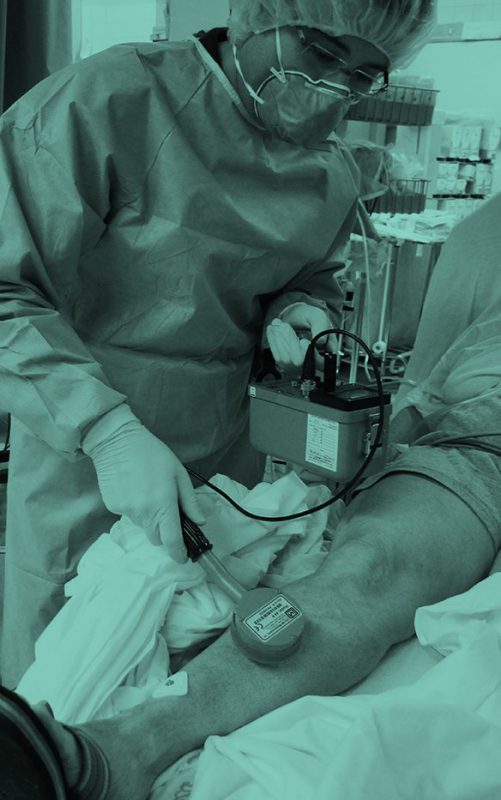
About Medical Toxicology
What is Medical Toxicology?
Medical Toxicology is a subspecialty of medicine with a focus on the prevention, evaluation, treatment, and monitoring of injury and illness from exposure to drugs and chemicals, as well as biological and radiological agents. Important areas of medical toxicology include acute drug poisoning, adverse drug events, substance use disorders including addiction and withdrawal, chemicals and radiologic materials, terrorism and emergency preparedness, venomous bites and stings, and environmental and workplace exposures.
Medical Toxicology is an officially recognized subspecialty by the American Board of Medical Specialties.
What is a Medical Toxicologist?
A medical toxicologist is a physician who is specially trained and credentialed to practice medical toxicology. Examples of some of the concerns evaluated by medical toxicologists are below. To become a medical toxicologist one has to complete a primary residency in ANY medical specialty (such as Emergency Medicine, Pediatrics or Internal Medicine) and an ACGME-accredited 2 year post-residency fellowship in Medical Toxicology. After passing the rigorous medical toxicology certification examination, one becomes board certified in medical toxicology. Medical toxicologists work in clinical, academic, governmental, public health settings, and industry, and provide poison center leadership.
What are some examples of problems evaluated by Medical Toxicologists?
Medical toxicologists are involved in the care of people and populations who are exposed to medications, substances, chemicals, or other agents causing potentially adverse health effects. This entails expertise in many areas, such as:
Unintentional and intentional overdoses of drugs and other substances such as:
- Prescription medications including antidepressants, sedatives, or pain relievers
- Nonprescription (over-the-counter) medicines
- Legal and illicit psychoactive substances
Exposure to industrial chemical products and environmental hazards such as:
- Pesticides
- Metals
- Household products
- Gases
- Toxic alcohols
- Other industrial and environmental agents, including radiation
Substance Use Disorder management including:
- ED and inpatient care for overdose involving opioids including fentanyl, stimulants such as cocaine or methamphetamine, sedatives, and alcohol
- Management of drug and alcohol withdrawal
- Initiation of buprenorphine for opioid use disorder
- Outpatient addiction medicine treatment
Diagnosis and management of exposures such as:
- Snake, scorpion and spiders
- Marine toxins
- Food-borne toxins
- Toxic plants
Independent medical examinations, assessing injury or disability resulting from toxic exposures
- Interpreting forensic and occupational testing results
- Workplace hazard assessment
- Performing a radiation survey of a patient

Medical Toxicologists work in a variety of settings including:
- Emergency departments and in-patient units where they directly treat acutely poisoned patients
- Outpatient clinics and occupational health settings where they evaluate the health impact from exposure to toxic substances in the home or workplace
- Addiction medicine inpatient and outpatient units
- Poison centers where they provide medical direction for health professionals, personal responders and the general public
- Academic institutions where they are involved in teaching, research, and improving evidence-based patient care
- Industry where they contribute to pharmaceutical research and development, product safety, occupational health services, and regulatory compliance
- Governmental agencies where they provide toxicology expertise at all levels from local health departments to federal entities such as CDC, FDA and NIH
- Clinical and forensic laboratories where they aid in the design, conduction and interpretation of diagnostic tests and forensic studies
